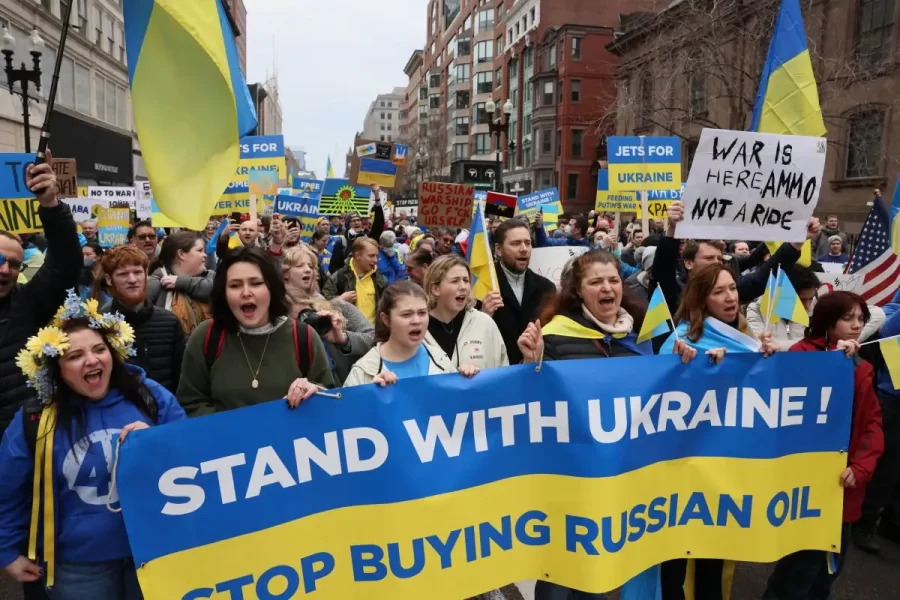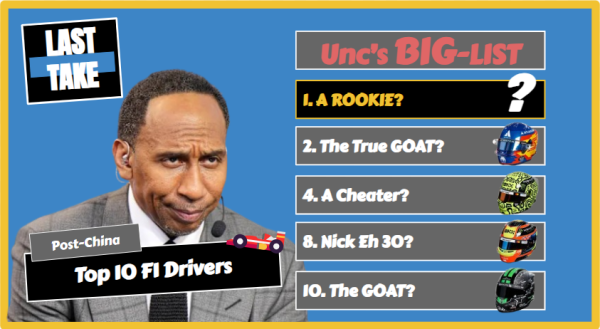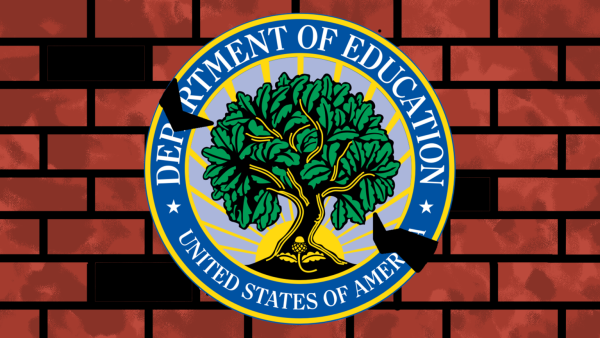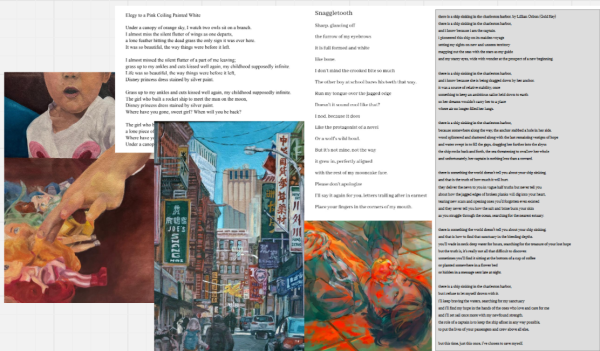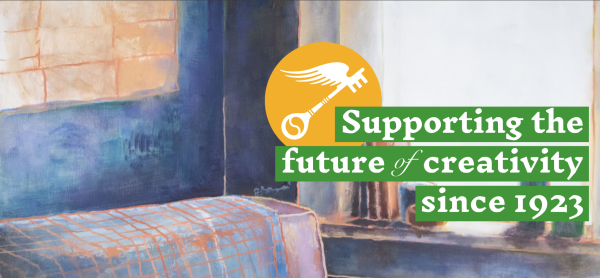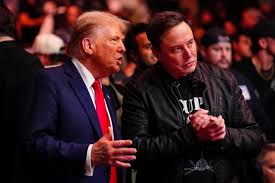Global Impacts of the Russia-Ukraine Conflict
Looking at the economic impacts of the Russian and Ukraine conflict on a global scale
Russia Ukraine War
The Beginning

On February 24, 2022, Russia launched its Ukraine invasion. Headed by Vladimir Putin, the Russian regime launched a full-scale military invasion of Ukraine in order to establish the country as a Russian Orbit State. Putin’s military strategy included a quick takeover of key cities such as Kyiv, in order to destroy any form of resistance. However, this has not exactly come to fruition. The Ukrainian military and civilian resistance groups have stood their ground. Russia has been unable to take control of the capital Kyiv and has faced other major setbacks. Although Nato has not technically intervened by sending military troops, countries such as the U.S. have given Ukraine an abundance of military supplies. To be exact, the U.S. has given Ukraine 29.3 billion dollars since the start of Russia’s invasion. Part of the expenses includes advanced weapons technology that has played a major role in Ukraine’s ability to push back Russian troops. NATO has also placed extremely tough sanctions on Putin’s government. Hundreds of U.S. businesses have suspended operations inside the country. Currently, Putin and other military officials have become frustrated with the slow pace of the war and have increased attacks on civilian targets. The war has already claimed thousands of lives and this number is not expected to slow down anytime soon with both countries continuing to grind on.
Putin’s Goal
In February of last year, Putin claimed that the goal of his invasion was to
and to protect people who were subjected to bullying and genocide by the Ukrainian government. These claims, however, have no basis in evidence and instead distract from the real reason behind the conflict. Putin aims to take back lands that once belonged to the Soviet Union and by doing so expand the land in his control between NATO countries and Russia. Ultimately, Putin understands that by controlling Ukraine he would increase his world power and put him one step closer to European dominance. The second part in Putin’s plan is to counteract the increasingly democratic boa constrictor encircling Russia. He believes such political beliefs will inspire what he considers “coups”, or uprisings based around democratic ideologies, similar to what Ukraine went through in 2014. The reason Putin aims to strike right now could come down to a weak west and his own political security. If he were to lose power in any way, many believe Putin’s head might be next on the Russian chopping block. Putin’s military takeover of Ukraine is ultimately a power play in the circle of world politics. It completely disregards “territorial integrity”, something Russia had agreed to in the past. It also shows Putin has no respect for whatever power NATO believes they have.
Energy Impact

The Russian invasion of Ukraine has had many impacts on the rest of the world, but the most notable of these is the economic impact. The stock market fell by 39% on the first day alone. The global economy is expected to slow down in the coming year due to the historic energy shock triggered by the war. The invasion has spurred inflationary pressures, sapping confidence and household spending, and increasing economic risks worldwide. After the invasion, the price of natural gas and electricity reached record highs. Higher energy prices have contributed to high inflation which has forced families into poverty, factories to shut down, and slowed down economic growth on a global scale to the point where many countries are headed toward a recession. It is estimated that the conflict will set Russia back 30 years economically. Europe has been impacted even more by the war due to its historic reliance on Russian oil. Some European gas-intensive manufacturing plants have curtailed output because they cannot afford to keep operating, while plants in China have simply had their power supply cut altogether. In smaller less-well developed countries where energy costs already take up a majority of the spending, increasing prices has increased poverty numbers, and set back progress toward achieving universal and affordable energy. Additionally, the energy crisis sparked a coal revolution across Europe. Without Russia’s oil and natural gas, many countries have looked to coal as a substitute. Specifically, China and India have pushed forward their plans for coal use, contributing to the massive environmental setback. One positive for Russia is the spike in oil prices across the globe. As European countries cut off Russian oil, the price has only increased and they are now supplying China and India with the majority of their oil.
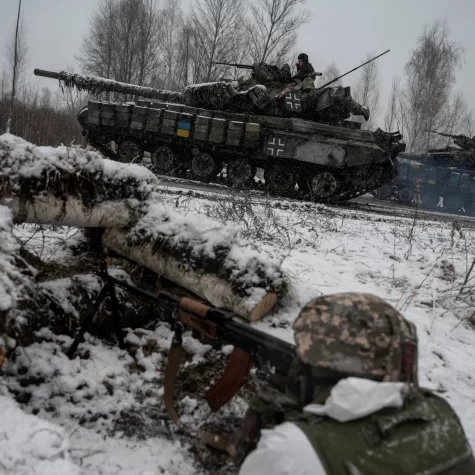
Conclusion
Russia’s invasion of Ukraine has not only set back the clock socially but also environmentally. Putin has made it clear he has no regard for human life or liberty. His war has, directly and indirectly, led to a resurgence of coal usage and fossil fuel emissions around the world, due to a lack of other energy sources. At this point, it is impossible to predict who will win the war or even what the outcome might look like although Russia is the substantial favorite due to its resource advantage over the smaller Ukraine. This should be the world’s wake-up call to the danger a Putin-led Russia poses.



